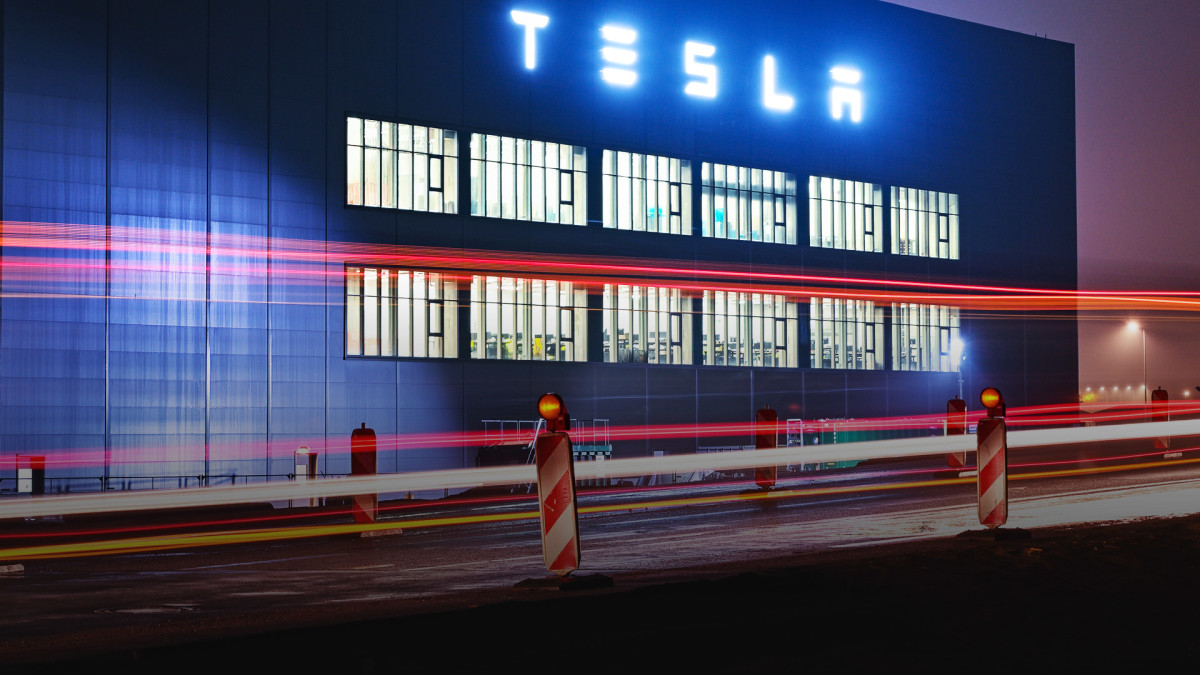
Tesla has its sights set on another huge market, one that can be key to achieving its new objectives.
According to a report by Reuters, Tesla (TSLA) -) submitted a proposal seeking incentives to build a battery storage systems factory in India, as it seeks to build its Powerwall for sales in the developing nation.
Related: Elon Musk is frustrated about a major SpaceX roadblock
In recent meetings in New Delhi, the Austin, Texas-based company proposed supporting the country’s battery-storage capabilities with Powerwall systems, which utilizes batteries to store electricity from solar panels or the electrical grid to be used at night or during power outages.
The filing with the government comes after recent discussions between Tesla and Indian government officials that were overseen by Indian Prime Minister Narendra Modi, which involved the development of a new electric vehicle factory in the country. Such a factory would equip the manufacturer to build an electric car competitively priced at around $24,000.
More Tesla:
- Why Tesla stock is going through the roof -- and where it could go next
- Elon Musk's latest Tesla announcement could shake up the entire EV industry
- Elon Musk has a 'purity' around motivation for game-changing EV deal
Indian officials noted that incentives that Tesla is seeking to build its battery storage factory would not be available, however they are willing to work with the company to offer subsidies for customers purchasing Powerwall products. Tesla is seeking to expand its footprint in the country, seeking uses for its Powerwall systems in both residential and industrial settings.
Tesla’s proposals come at a time when India is facing trouble meeting energy demands. The country is largely dependent on coal-based power generation and faced its worst power crisis in six years due to coal transportation issues. Their expansion of coal and hydropower capacity have also increased the risk of night time power cuts, as solar energy is not available, however the country is still targeting an increase of non-fossil fuel power capacity from 186 to 500 gigawatts by 2030.
Get investment guidance from trusted portfolio managers without the management fees. Sign up for Action Alerts PLUS now.







